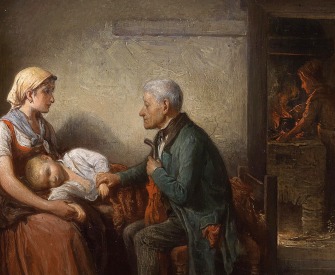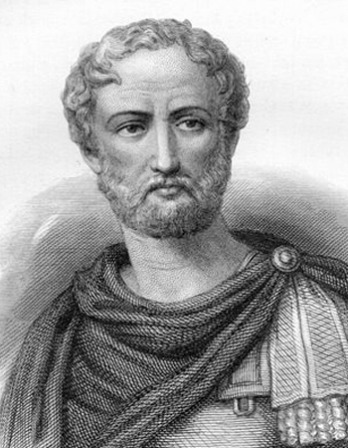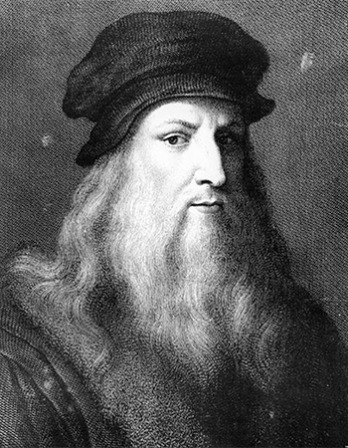Dearest Mama,
I must tell you what my opinion of my own mind and powers is exactly—the result of a most accurate study of myself with a view to my future plans during many months. I believe myself to possess a most singular combination of qualities exactly fitted to make me preeminently a discoverer of the hidden realities of nature. You will not mistake this assertion either for a wild enthusiasm or for the result of any disposition to self-exaltation. On the contrary, the belief has been forced upon me, and most slow have I been to admit it even. I will mention the three remarkable faculties in me, which united ought (all in good time) to make me see anything that a being not actually dead can see and know (for it is what we are pleased to call death that will really reveal things to us).
Firstly: owing to some peculiarity in my nervous system, I have perceptions of some things, which no one else has—or at least very few, if any. This faculty may be designated in me as a singular tact, or some might say an intuitive perception of hidden things—that is of things hidden from eyes, ears, and the ordinary senses…This alone would advantage me little, in the discovery line, but there is, secondly, my immense reasoning faculties. Thirdly: my concentrative faculty, by which I mean the power not only of throwing my whole energy and existence into whatever I choose, but also bringing to bear on any one subject or idea a vast apparatus from all sorts of apparently irrelevant and extraneous sources. I can throw rays from every quarter of the universe into one vast focus.
Now these three powers (I cannot resist the wickedness of calling them my discovering or scientific trinity) are a vast apparatus put into my power by Providence; and it rests with me by a proper course during the next twenty years to make the engine what I please. But haste, or a restless ambition, would quite ruin the whole.
Meantime my course is so clear and obvious that it is delightful to think how straight it is. And yet what a mountain I have to climb! It is enough to frighten anyone who had not all that most insatiable and restless energy, which from my babyhood has been the plague of your life and my own.
From a letter. The daughter of Lord Byron, Lovelace in 1833 met Charles Babbage, inventor of the first automatic digital computer, who helped her to learn mathematics. In 1843 she published an extensively annotated translation of an Italian engineer’s seventeen-page explication of Babbage’s Analytical Engine. In “Note G,” she presented the world’s first computer program, showing how the machine could calculate a series of values known as Bernoulli numbers.
Back to Issue





